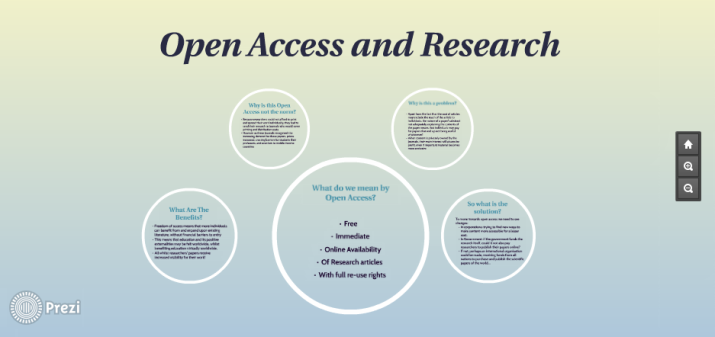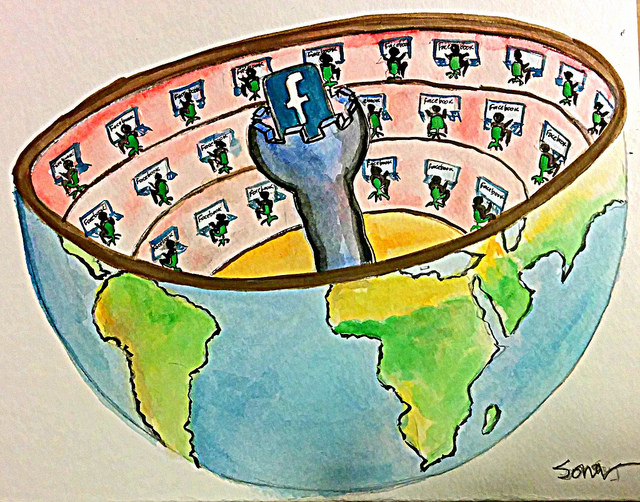
Topic 5: Reflection on Open Access
This week the topic shifted slightly in its outlook from how we work and integrate ourselves into using the web, to ethical dilemmas faced by grad students and the education system worldwide in regards to open access information online, with the web once again acting as a gateway to giving possible solutions.
Reading the posts of others on the subject drew my attention to different sides of this debate.
Continue reading →









